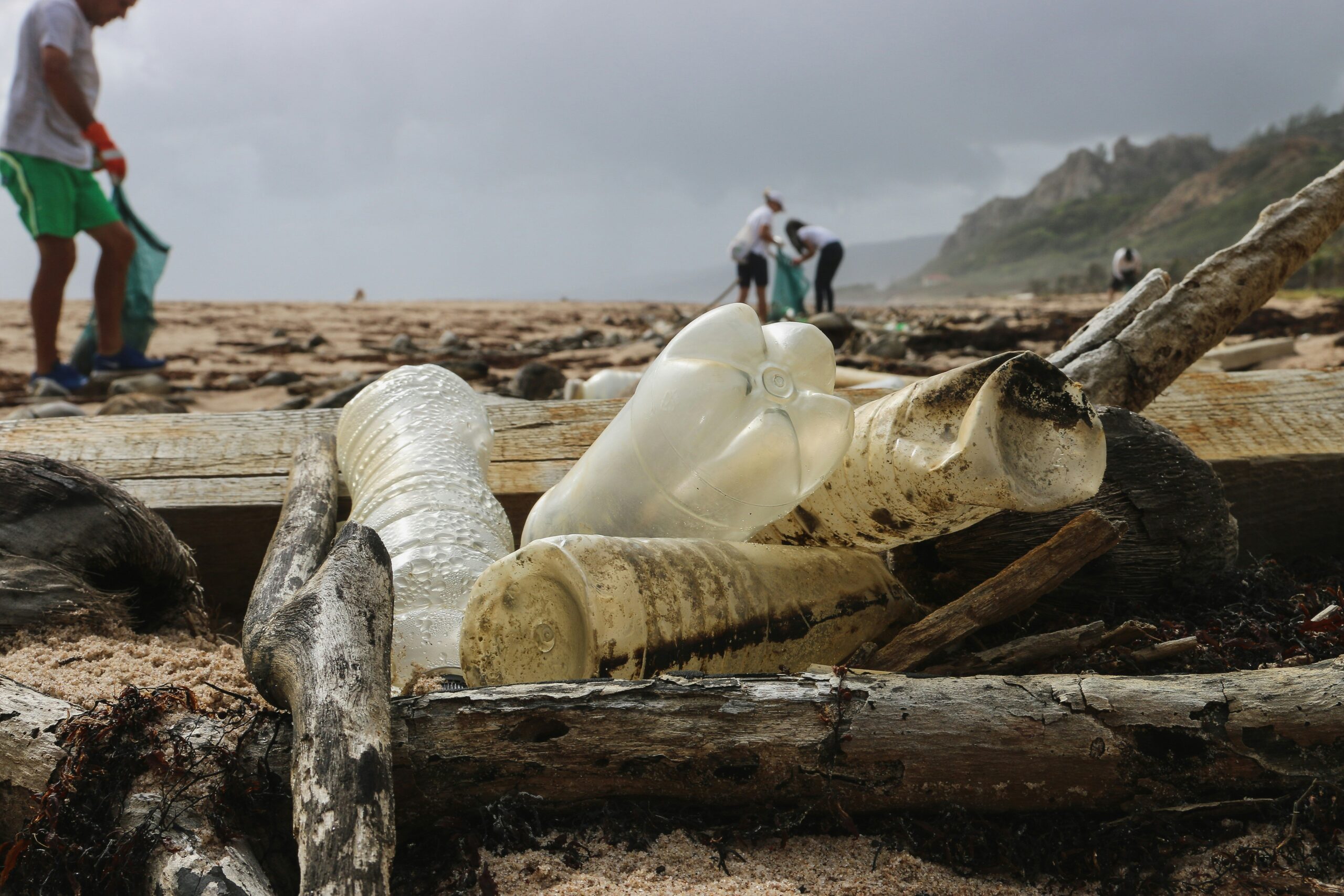Hook: Ever rented a boat for a day of fun on the water, only to realize later that one oil spill could cost you thousands? Yeah, us too.
If you’re planning to rent a boat anytime soon, understanding marine pollution liability isn’t just smart—it’s essential. From navigating murky insurance terms to avoiding costly environmental fines, this guide will equip you with everything you need to stay afloat (pun intended).
In this article, we’ll dive deep into marine pollution liability and how it applies to boat rentals. You’ll learn:
- The surprising risks associated with boat rental insurance.
- How marine pollution liability works—and why ignoring it can sink your wallet.
- Tips for choosing the right coverage without getting scammed.
- Real-world examples where people got burned by neglecting this critical detail.
Table of Contents
- Key Takeaways
- Why Marine Pollution Liability Matters in Boat Rentals
- How to Navigate Boat Rental Insurance Options
- Best Practices for Covering Your Assets
- Real-Life Examples of What Can Go Wrong
- FAQs About Marine Pollution Liability
- Conclusion
Key Takeaways
- Marine pollution liability protects against environmental damage caused during boating activities.
- Not all boat rental insurances include marine pollution liability—so read the fine print!
- Failing to secure proper coverage can lead to astronomical cleanup costs or legal penalties.
- A little homework upfront saves headaches (and bank accounts) later.
Why Marine Pollution Liability Matters in Boat Rentals

Let’s get real for a second: when was the last time you thought about fuel spills while cruising on Lake Tahoe? If you’re like most people, probably never. But here’s the kicker—a single accidental discharge from your rented vessel could trigger an environmental catastrophe. And guess who’s liable? Yep, you.
I’ll admit it—I once skimmed through an entire boat rental agreement thinking “standard stuff.” Spoiler alert: I missed the part about pollution liability. Thankfully, nothing went wrong. But imagine if it had. One small oversight might’ve left me facing tens of thousands in fines—not exactly what I signed up for.
Here’s the thing: marine pollution is no joke. According to NOAA, even minor oil spills can devastate aquatic ecosystems. Oh, and those fines? They start at $10,000 per incident. Ouch.
“Optimist You: ‘It won’t happen to me!’ Grumpy You: ‘Yeah, until it does…'”
How to Navigate Boat Rental Insurance Options

Alright, let’s talk shop. Here’s how to pick the perfect policy:
- Read the Fine Print: Don’t skip this step. Seriously. Look specifically for mentions of “pollution liability” or similar phrases. Many policies don’t cover it unless explicitly stated.
- Ask Questions: Call the insurer directly. Ask them point-blank, “Does this plan protect me against marine pollution incidents?” Their answer matters more than their brochure.
- Consider Supplemental Coverage: Sometimes basic plans exclude key protections. Adding a rider for marine pollution liability may cost extra but trust me—it’s worth it.
Rant Alert: Why do insurers bury these details in legalese? It’s infuriating! So many consumers end up blindsided because they couldn’t decipher 50 pages of jargon. Ugh.
Best Practices for Covering Your Assets

Now that you know what to look for, here are some additional tips:
- Double Down on Prevention: The best way to avoid liability is to prevent accidents altogether. Regularly inspect fuel lines, bilges, and storage tanks before hitting the water.
- Choose Eco-Friendly Fuel: Some biofuels reduce spill risks significantly. Bonus points for going green!
- Document Everything: Snap photos of your rental before and after use. This helps prove any issues weren’t your fault.
- Terrible Tip Disclaimer: Whatever you do, don’t try to hide a spill. Not only is it unethical, but authorities tend to find out anyway—and then things *really* escalate.
Real-Life Examples of What Can Go Wrong
Take Jane Doe, for instance. She rented a yacht for her anniversary getaway—dreamy, right? Wrong. A faulty fuel line led to a minor spill, which spiraled into $25,000 in cleanup fees plus fines. Her insurance? Worthless, since she hadn’t opted for pollution liability add-ons.
Then there’s John Smith, who accidentally dumped untreated waste into protected waters. His mistake triggered a lawsuit and hefty sanctions. Moral of the story? Always double-check your coverage.
FAQs About Marine Pollution Liability
Is marine pollution liability mandatory?
No, it varies by location and provider. However, highly recommended areas prone to strict regulations include Florida Keys and Puget Sound.
What happens if I cause pollution but lack coverage?
You’re personally responsible for cleanup costs, fines, and potential lawsuits. Yikes.
Can I retroactively add pollution liability?
Maybe, depending on your insurer. Better safe than sorry though—get covered upfront.
Conclusion
At the end of the day, marine pollution liability isn’t just another checkbox; it’s peace of mind wrapped in paper. Whether you’re renting kayaks or yachts, protecting yourself from unforeseen disasters ensures smoother sailing ahead.
So next time you sign that rental agreement, remember: it’s not paranoia—it’s preparation. Stay informed, ask questions, and keep calm. After all, who doesn’t love a good nautical adventure without financial shipwrecks?
P.S. Pro tip: Keep snacks handy. Snacks make every trip better. Chef’s kiss.
And finally, because nostalgia fuels joy: Like a Tamagotchi, your SEO needs daily care. 🐤


